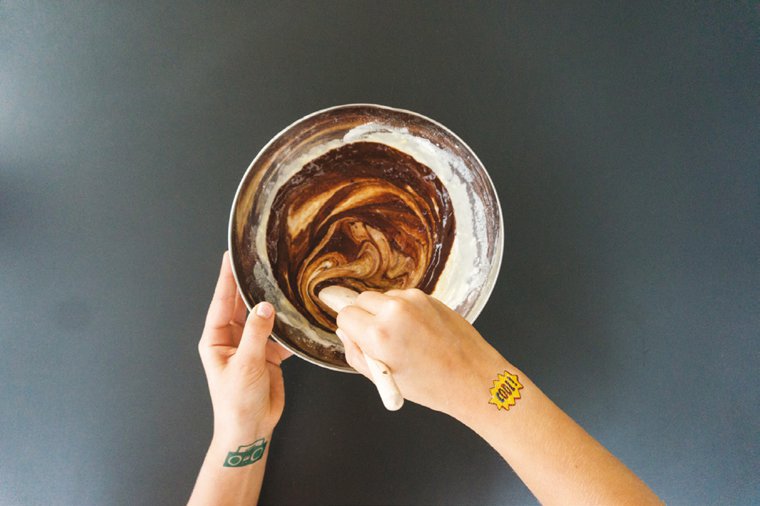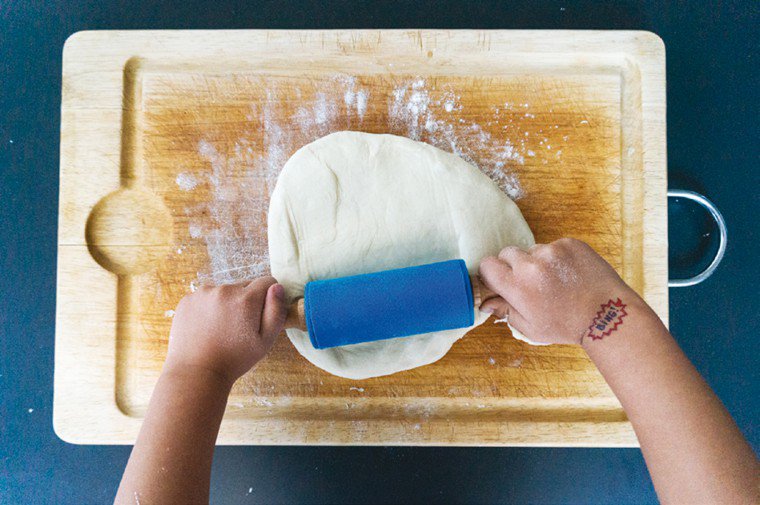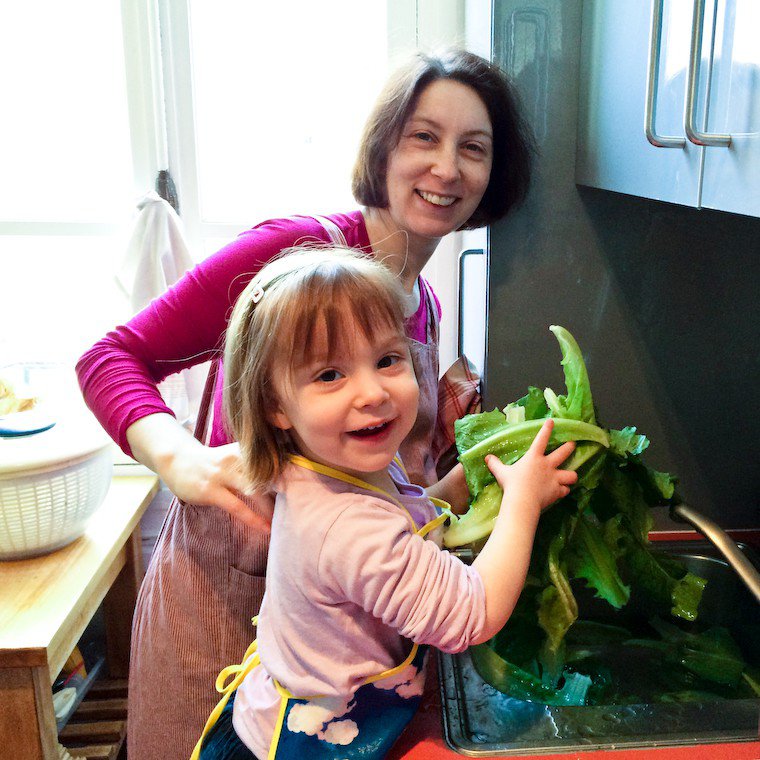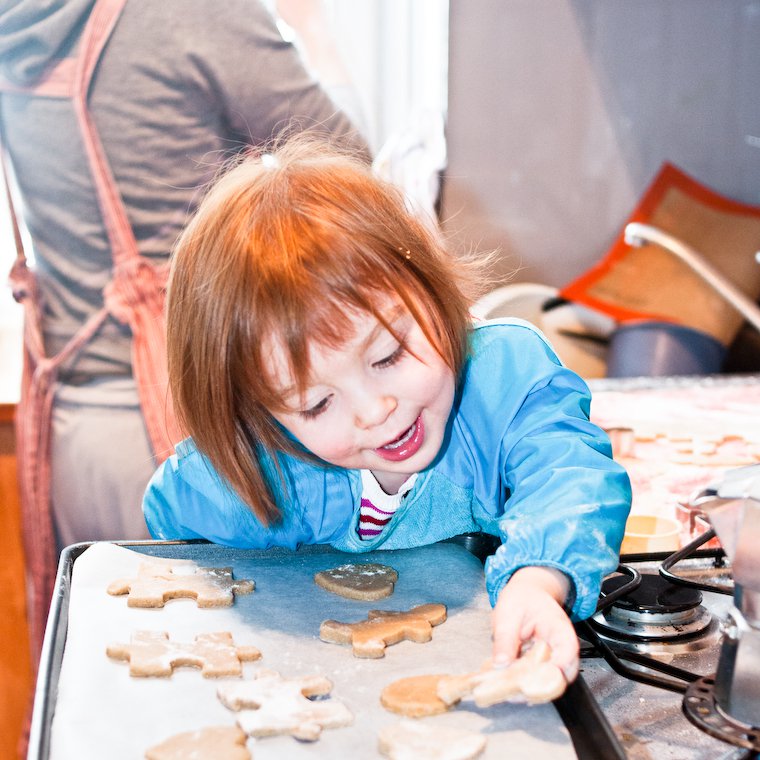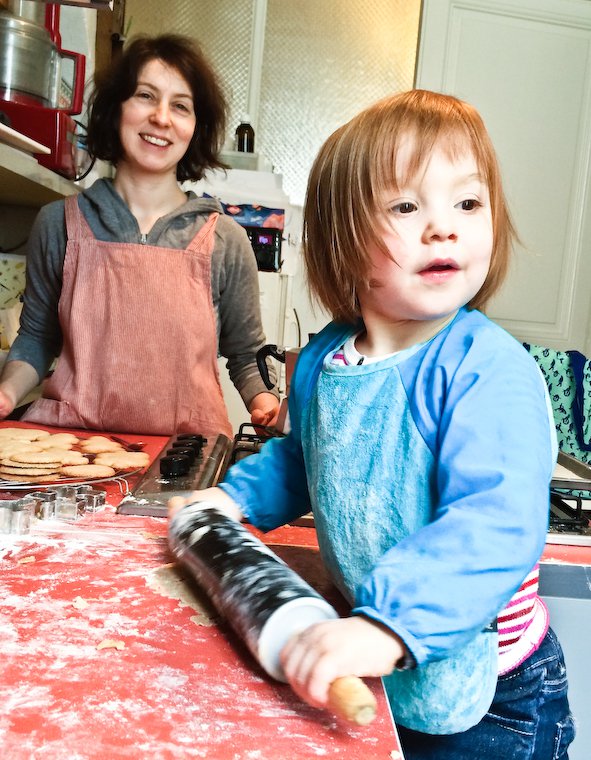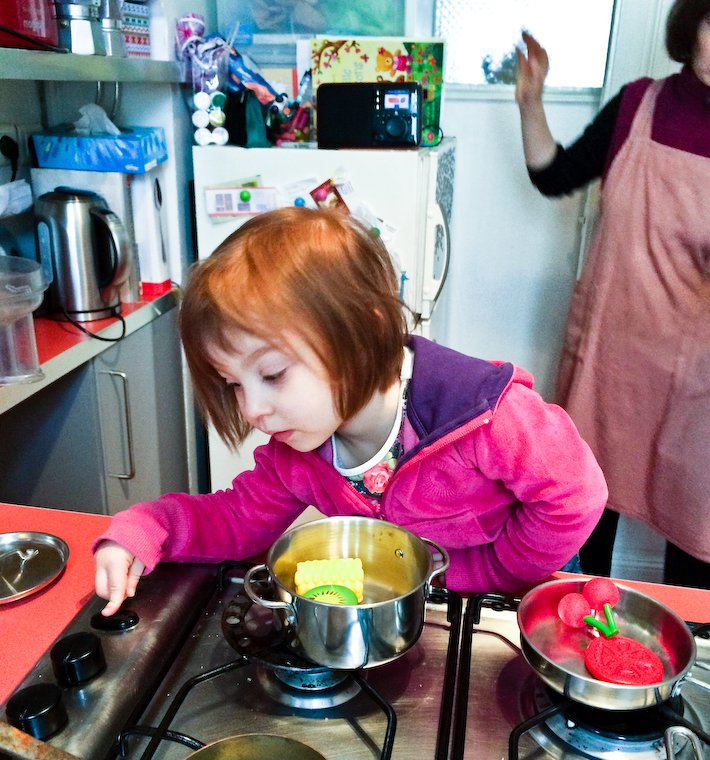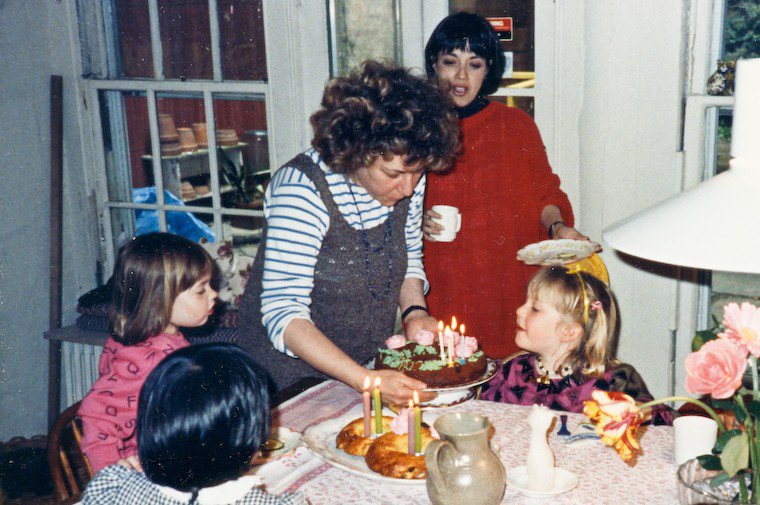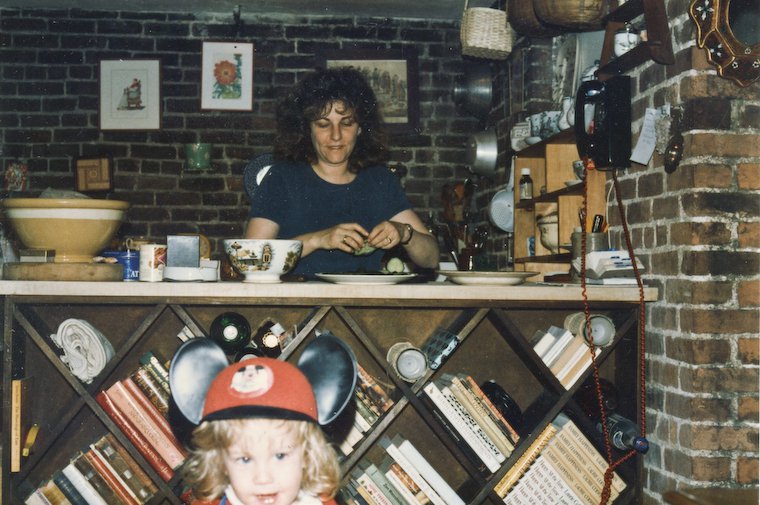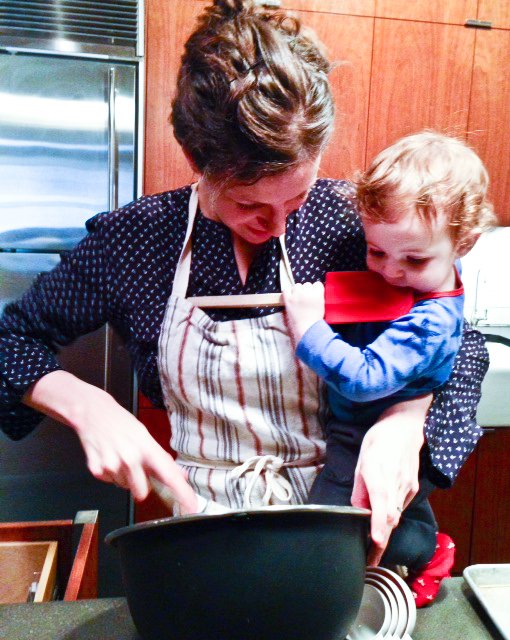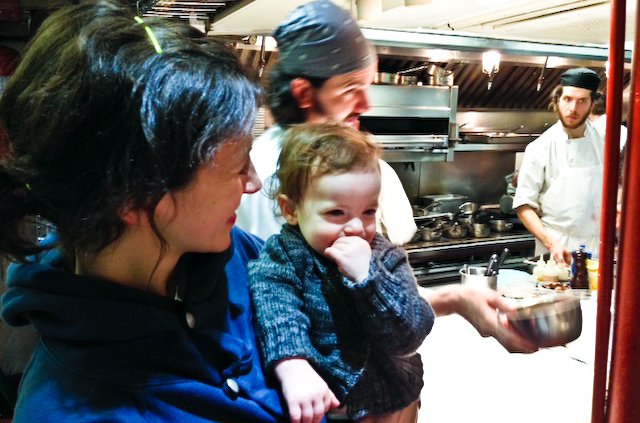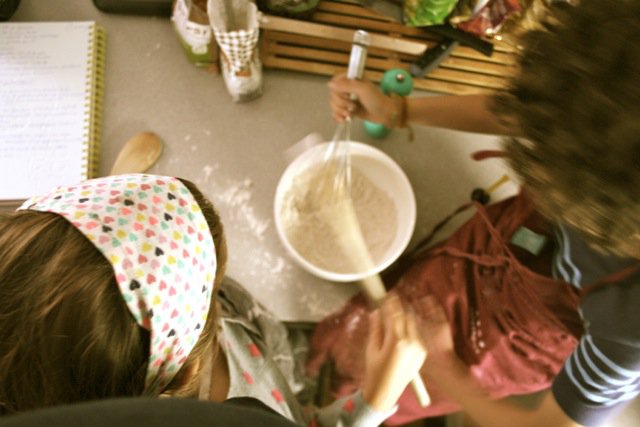I was a headstrong kid and spoke my mind – asked or not. A teacher once wrote on a school report that I was the tallest in my class and that my mother had referred to me as her “Viking child.” I’m not sure if this was a nod to my Baltic heritage (though Latvians were not Vikings, to my knowledge) or simply to suggest that I was a bit brutish in manner and stature. I admit to being both of these things as a child!
My mother was a similarly opinionated person, and she seemed to like having an opinionated kid – even when we clashed over, say, what was and was not appropriate for my school lunch. Open dialogue was encouraged, but I was a handful (to say the least), and there were definitely many times that I wore my poor mother out with pestering, arguing, or throwing fits.
I adored my mother’s cooking. It would have been hard not to. She put so much care into it, so much thought, and really loved to do it. People flocked to her table, and were so happy to hang out in the kitchen as she cooked. She would constantly ask her dinner guests to taste things and give their honest opinions of them. She wasn’t a showy cook, or one who kept her methods to herself, but instead really delighted in sharing food, recipes, and conversation.
Still, there were times when it was hard to be the kid who ate the “weird food.” My mother had very strong opinions about things that were good and bad for kids and for people in general. Keeping perishables in plastic was bad. Making jam from scratch was good. She didn’t like to budge much on the subject of good and bad. Though a lot of my classmates and neighborhood chums learned that they loved gingerbread and salmon and asparagus at my house, I envied them their Oreos and American cheese slices and radioactively colored “juices” nonetheless.
There were times I wished that I could just be “normal” and get chocolate-laden granola bars in my lunchbox (a pink, formerly Barbie-themed plastic trunk with the doll decal scraped off and cat stickers in its place) instead of a kiwi fruit, or have Wonderbread on my sandwich instead of slices from a Bread Alone boule. Some battles I won (fruit roll-ups, the kind that involved peeling Little Mermaid characters from their centers) and others I lost (no store-bought cookies!), and so I continued to be the first-grader with the goat’s milk yogurt and smoked Gouda. Years later, an old friend told me how jealous she’d been of my lunch. “All I got was tuna fish,” she told me. “And maybe a yogurt. Your food was exciting!” And she was right.
